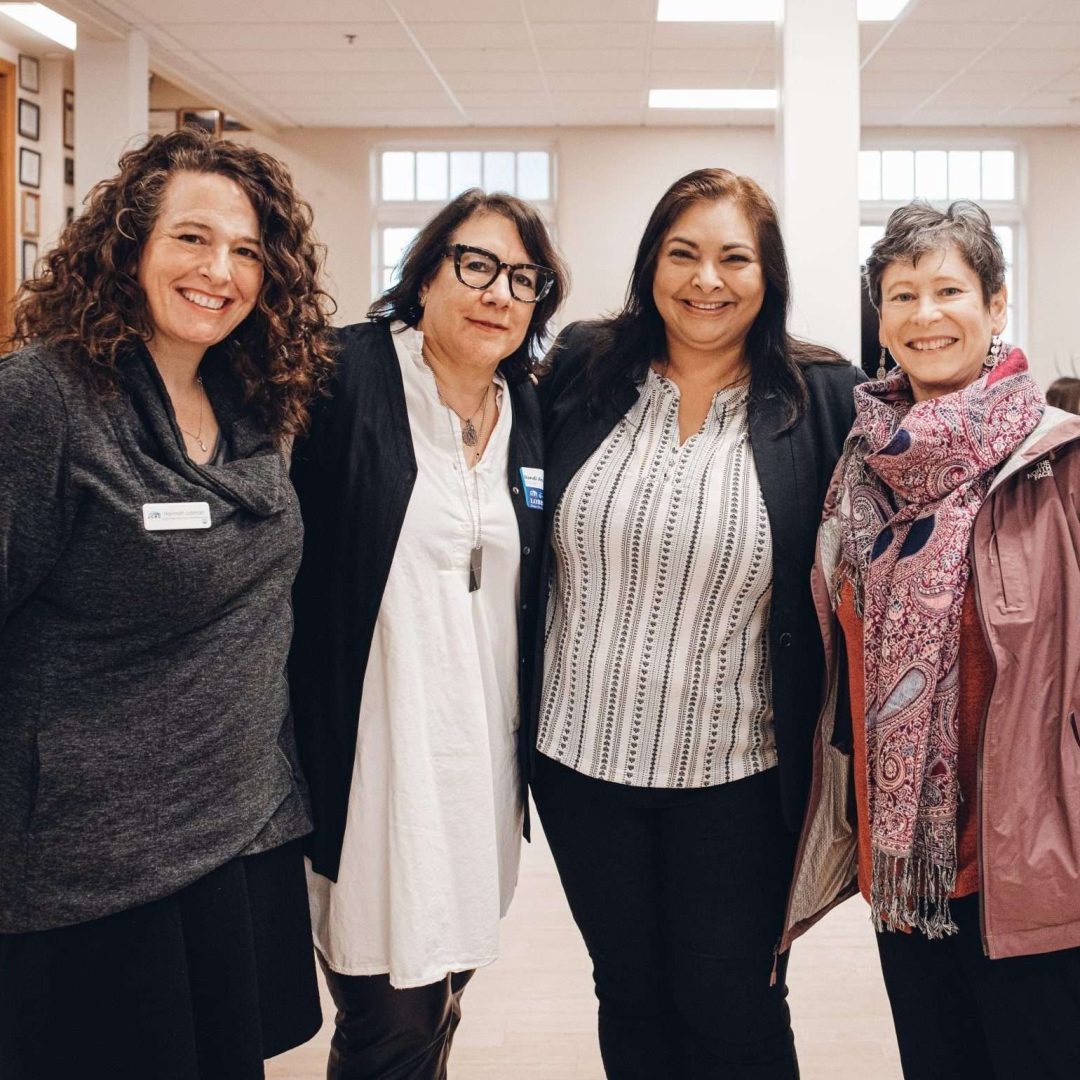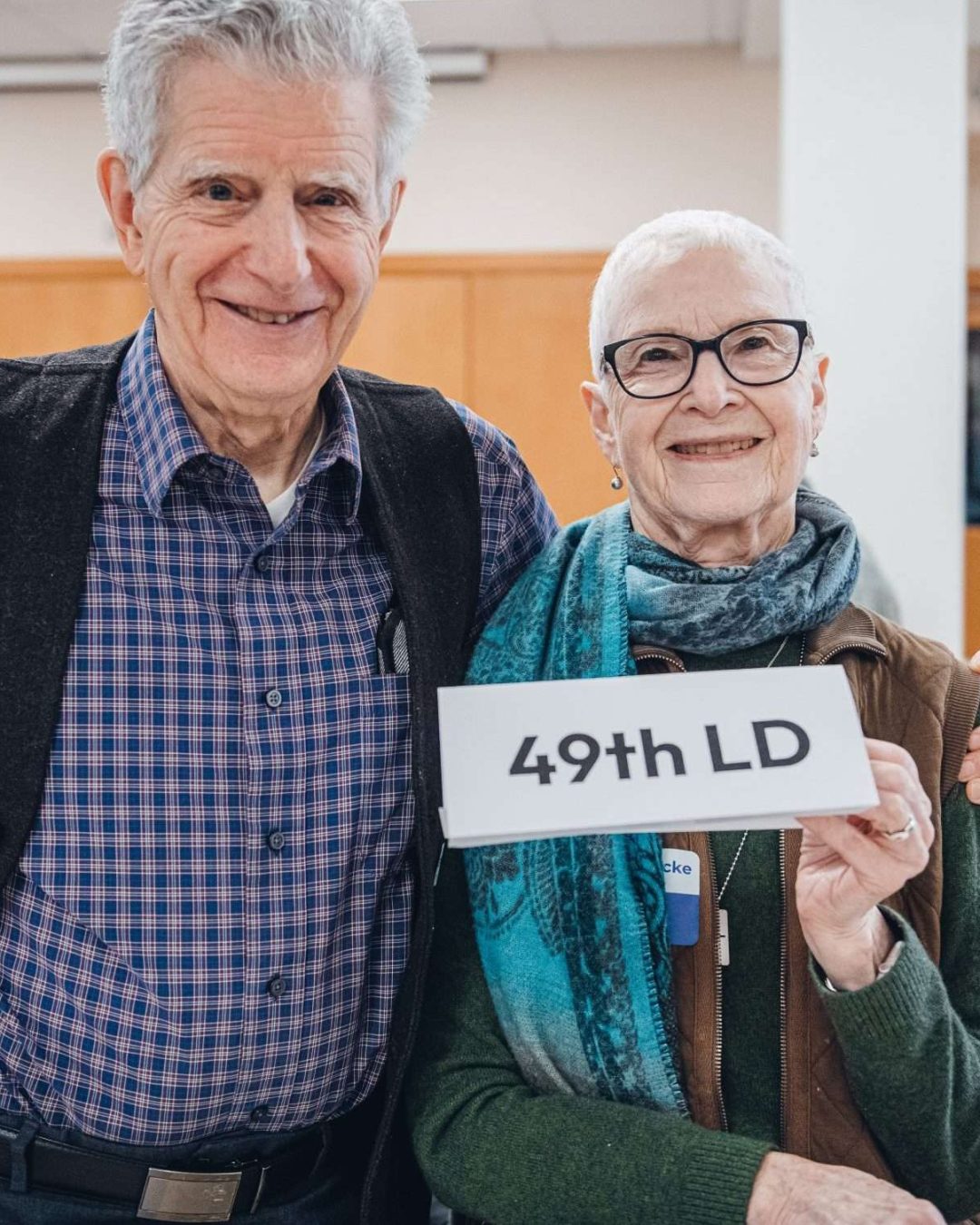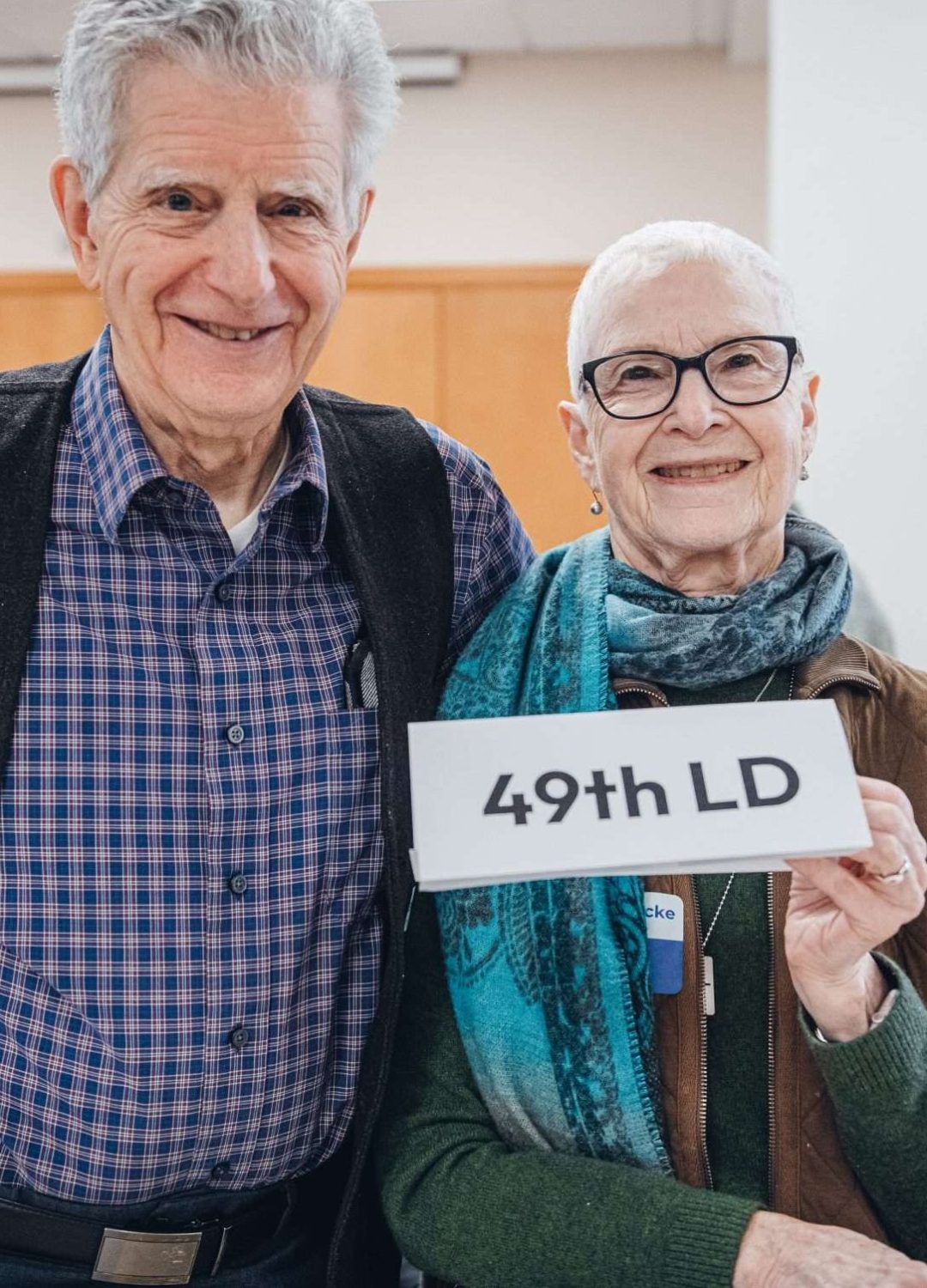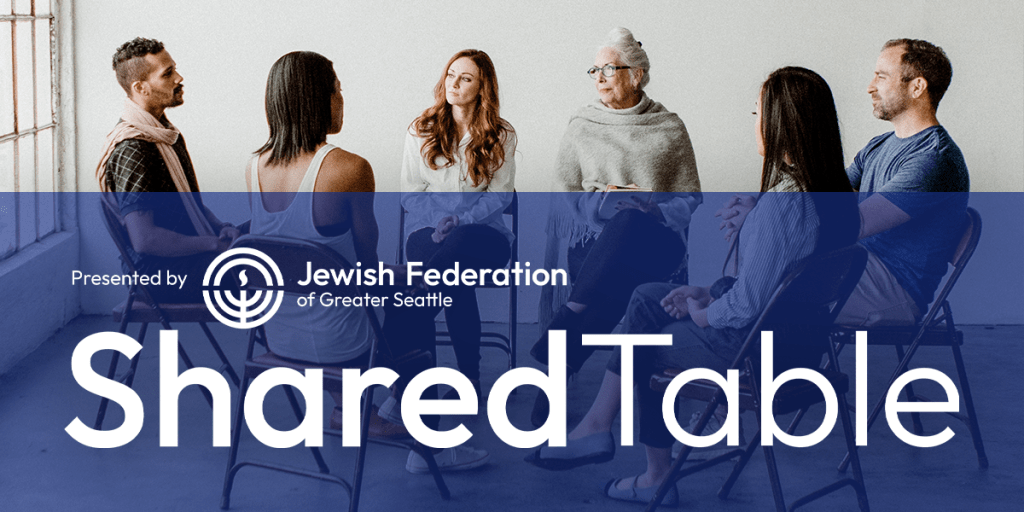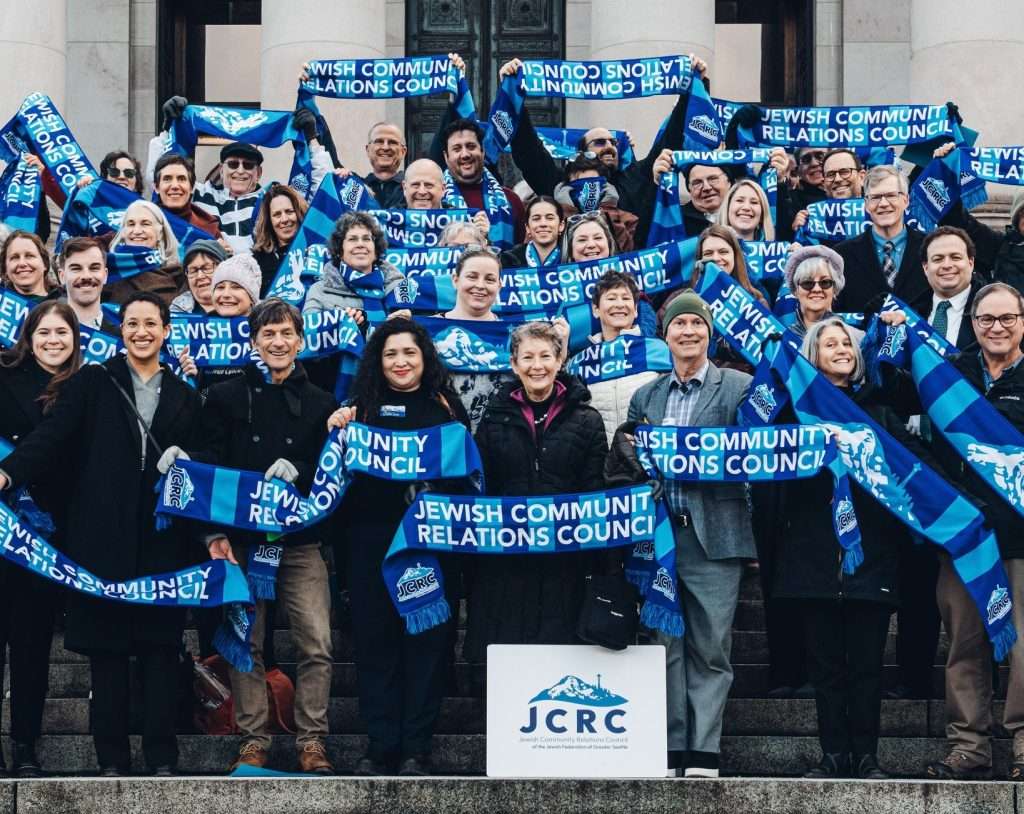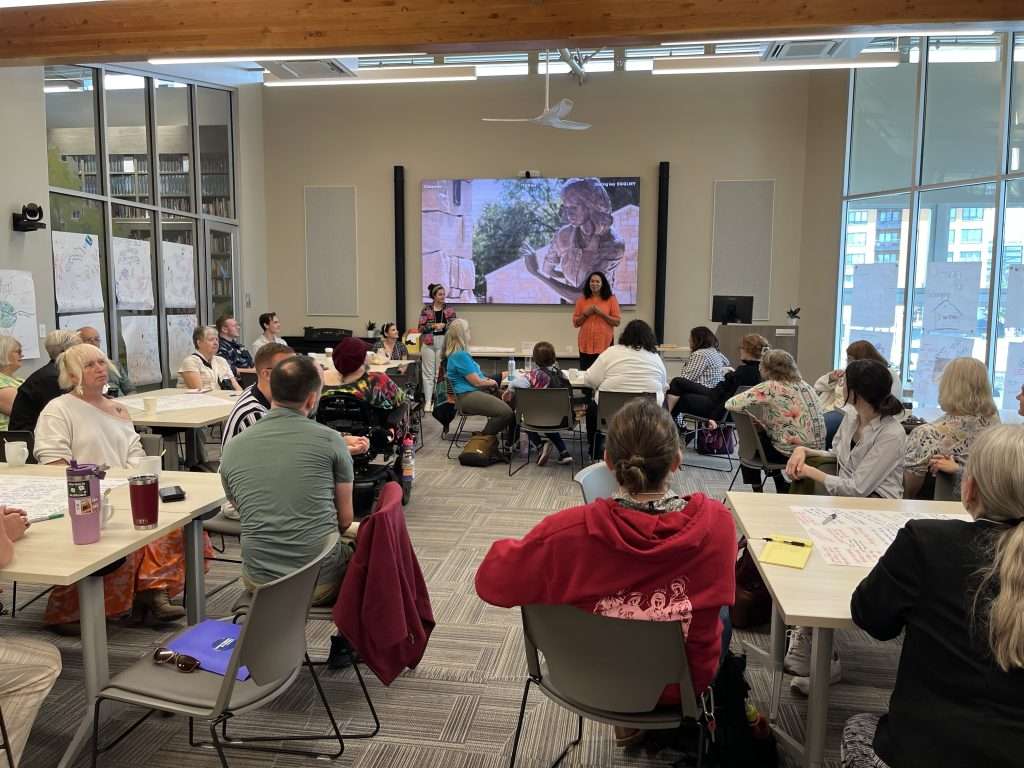The JCRC maintains a transparent, consensus-based portfolio of adopted policies reflecting the positions of the organized Jewish community in Greater Seattle.
Elections
The JCRC believes that civil political discourse, as understood through a culturally sensitive lens, is the key to having a knowledgeable electorate. The deterioration of political disagreement into personalized attacks or hostile arguments and sometimes even violence diminishes the electoral process and discourages and alienates potential voters. The JCRC calls on candidates, parties, political organizations, corporations, unions, political action committees, and others engaging in the electoral process to focus on issues and reject campaign strategies that resort to ad hominem, bigoted, antisemitic, or racist attacks, distort records, and/or distract from the pressing issues of the day. The JCRC opposes efforts to undermine confidence in elections, as the electoral process is critical to the health and legitimacy of America’s democratic institutions.
Humanitarian Crises and Refugees
The JCRC supports the vigorous protection of human rights as an integral part of U.S. foreign policy, especially situations involving genocide, mass atrocities, and sweeping population shifts due to displacement by war, violence, and/or climate change. Effective American engagement in this area should prioritize diplomacy, de-escalation, and humanitarian support, be on a multilateral basis when possible, and only unilateral when necessary. Our community must uphold the words “Never Again” and therefore has a moral responsibility to raise awareness about and advocate against genocide and mass atrocities. The JCRC also believes that the international community must respond to today’s unprecedented refugee crisis. The U.S., having a robust refugee resettlement program, should increase annual admissions of refugees while maintaining the rigorous security screenings that are integral to the U.S. Refugee Admissions Program.
Israel’s Right to Defend Itself
The JCRC supports a peaceful, secure, Jewish, and democratic State of Israel. The JCRC believes Israel, as a sovereign nation, has the right and obligation to defend and protect all of its people from attacks and acts of aggression. The JCRC mourns the loss of innocent Israeli and Palestinian lives and the enormous suffering and human toll the conflict has had on both societies.
Minority Rights in Israel
The JCRC values the civil and social equality of all residents of the State of Israel. Israel is a diverse multiethnic and multireligious society; non-Jewish residents of Israel comprise around 20 percent of the population and are engaged in institutions across Israeli society from the Knesset to academia and beyond. The racial, ethnic, and cultural diversity of Jewish communities in Israel today reflects both our ancestral connection to the land as well as our history of exile and dispersion. Israel’s Declaration of Independence is clear about equal treatment and inclusion for all inhabitants. As in many countries, work remains to strengthen protections, rights, and freedoms for marginalized and underrepresented communities. The JCRC believes it is the responsibility of Israel’s leaders to promote engagement and investment across various segments of the population and ensure equal civil rights and protections under the law, including Israel’s Basic Laws. The participation of all populations in Israeli society contributes to its diverse fabric and strengthens the country’s continued political, social, and economic stability and prosperity.
Note: This policy is not intended to apply to Gaza or the West Bank/Judea and Samaria. Residents of these areas and their rights and experiences as they relate to the government of Israel require additional deliberation and discussion by the JCRC.
Poverty and Food Insecurity
The JCRC is committed to building a more just and equitable society, especially as a growing number of middle- and low-income families are facing abject poverty and food insecurity. We strongly support expanding eligibility for the Earned Income and Child Tax Credits and policies that help empower older adults to live healthier, more independent lives free from poverty. We support a robust social safety net that includes important programs like Medicaid, the Supplemental Nutrition Assistance Program (SNAP), and Temporary Assistance for Needy Families (TANF). To lift the next generation out of poverty, we also support full funding for child nutrition programs, such as the Summer Feeding Program and the Special Supplemental Nutrition Program for Women, Infants, and Children (WIC). Food insecurity is one of the most acute hardships that many Americans, including children, face across the country.
Puget Sound Jewish Community Statement on Antisemitism
In April 2023, the JCRC signed on to the Puget Sound Jewish Community Statement on Antisemitism.
Racial Equity and the Jewish Community
On December 15, 2021, we passed the consensus statement Racial Equity and the Jewish Community. The statement is long and more robust than the other positions the JCRC has adopted. You can read the full statement here.
Reproductive Rights
The JCRC supports access to safe, affordable, legal abortion and reproductive health care. Prohibiting access to abortion is contrary to Jewish law, traditions, and our people’s principal value of protecting life. While there are various rabbinic interpretations of Jewish law, what is consistent is that if pregnancy endangers the mother’s life physically, Jewish law permits, and in most cases, mandates abortion. Therefore, any law that limits abortion may restrict a Jew’s ability to make this personal decision in accordance with their religious beliefs. Our nation must respect—not legislate or criminalize—these decisions. Efforts to limit access to reproductive care have profound implications for religious freedom, personal decision-making, and human dignity—issues that are fundamental to our Jewish community and our democracy in America and that our JCRC is committed to preserving.
Voting Rights
The JCRC believes that every American citizen should have the opportunity to cast a meaningful ballot. JCRC will advocate for policies that make the process of voting easier and more accessible. We support measures such as: strengthening early voting opportunities, expanding automatic voter registration, ensuring each vote is weighted equally, and scheduling elections and caucuses so they are accessible to all eligible voters.
Zionism
The JCRC supports Zionism: the belief that Jews have the right to self-determination and sovereignty within their ancestral and religious homeland of Israel. This aspiration was realized with the establishment of the modern State of Israel, founded to be a Jewish and democratic state. Zionists have a wide range of political perspectives on the policies and actions of the Israeli government.


